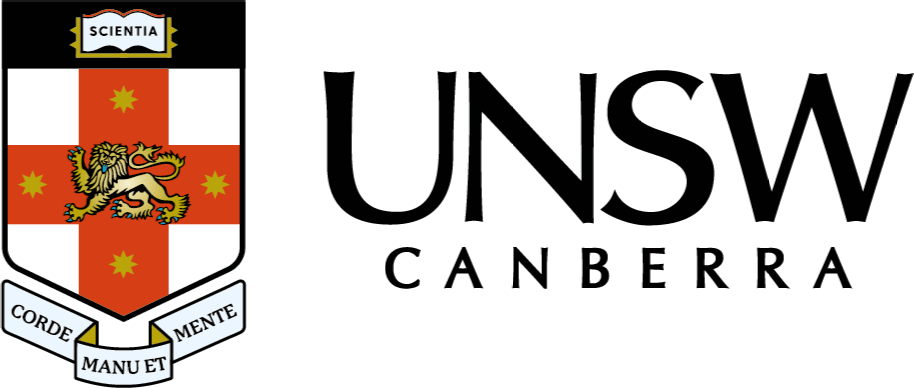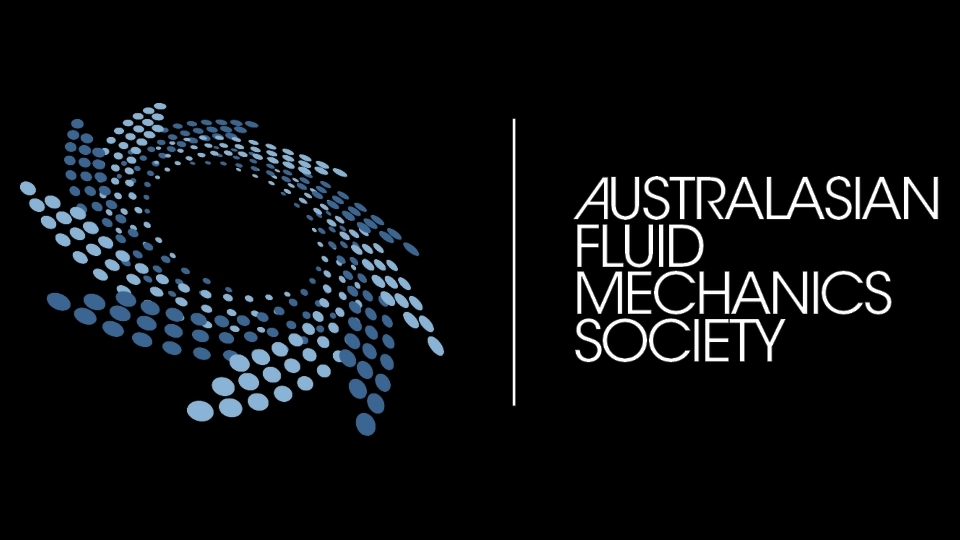Keynote Speakers
The Local Organising Committee is delighted to welcome our exceptional keynote speakers representing a wide range of areas in fluid mechanics research.
International Keynote Speakers
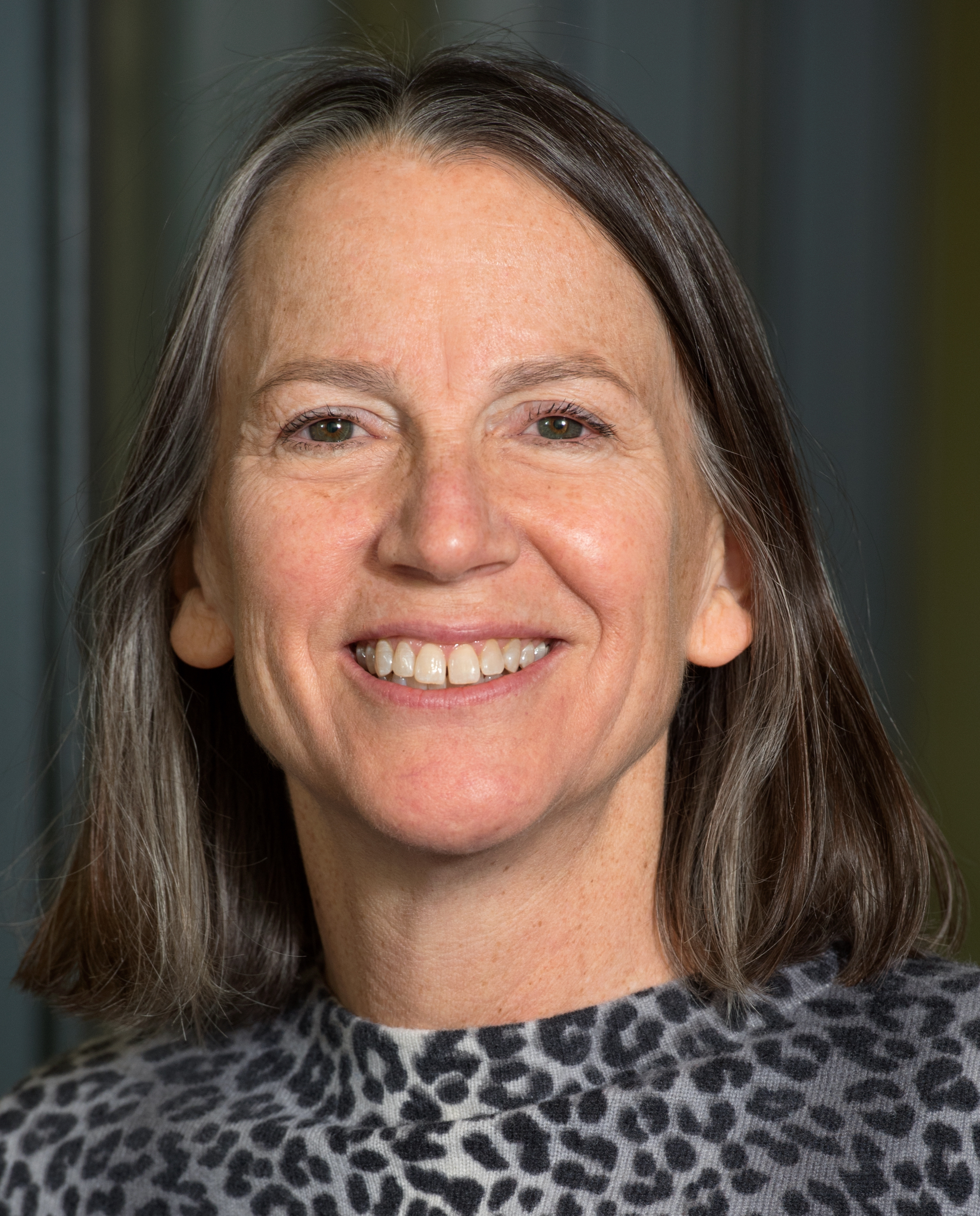 |
Prof. Ellen K Longmire University of Minnesota, Minneapolis, MN, USA. Title: Particle Motions in Turbulent Flows Bio: Ellen Longmire received an A.B. in physics from Princeton University and M.S. and Ph.D. degrees in mechanical engineering from Stanford University. Since 1990, she has taught and directed research in the Department of Aerospace Engineering and Mechanics at the University of Minnesota, and recently served as Associate Dean of the College of Science and Engineering. Professor Longmire uses experimentation and analysis to answer fundamental questions in fluid dynamics that affect aerospace, industrial, biomedical, and environmental applications. She is a Fellow of the American Physical Society and received the UM Distinguished Women Scholars Award, the McKnight Land-Grant Professorship, and the NSF National Young Investigator Award. She is currently an Editor-in-Chief for Experiments in Fluids and ex officio member of the US National Committee on Theoretical and Applied Mechanics. She previously served as Chair of the APS Division of Fluid Dynamics and Associate Editor for Physics of Fluids. |
|
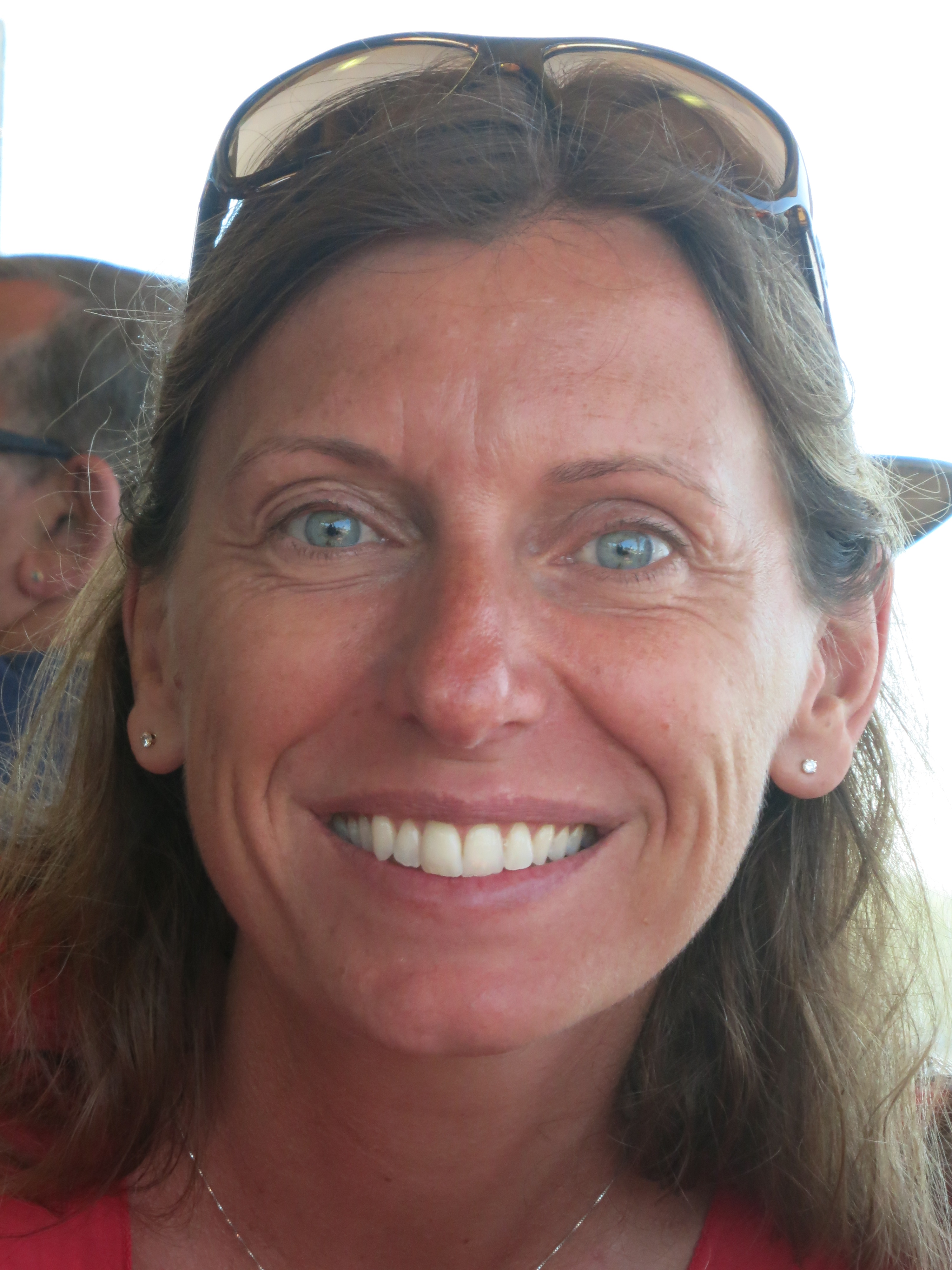 |
Prof. Claudia Cenedese Woods Hole Oceanographic Institution, Woods Hole, MA, USA. Title: Everything You Always Wanted to Know About Icebergs Melting* (*But Were Afraid to Ask) Bio: Claudia Cenedese is a Senior Scientist in the Physical Oceanography Department at the Woods Hole Oceanographic Institution (MA, USA), an adjunct Associate Professor in the College of Engineering at the University of Canterbury (New Zealand), a faculty of the Geophysical Fluid Dynamics Summer School, and a Fellow of the American Physical Society. She earned a PhD at the Department of Applied Mathematics and Theoretical Physics of the University of Cambridge (UK) after a MS+BS in Environmental Engineering at the University of Rome “La Sapienza”. The focus of her research is to improve our understanding of how mesoscale and submesoscale processes influence and modify the general circulation of the ocean. Recent interests include buoyant plumes generated by melting glaciers and icebergs, microplastic transport and burial, buoyancy driven surface and bottom currents, turbulent mixing and entrainment, river plumes and mesoscale vortices. |
|
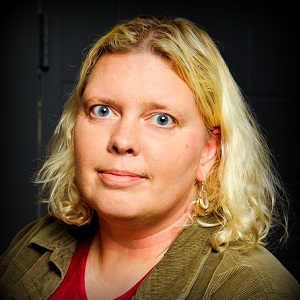
|
Prof. Amy W. Lang University of Alabama, Tuscaloosa, AL, USA Title: Sharks and Butterflies: Flow Control with Small Scales Bio: Amy Lang (PhD in Aeronautics, Caltech, 1997) performs research in experimental fluid dynamics in the area of bio-inspired flow control with a focus on studying shark and butterfly scales as a means of boundary layer control. She has received funding from the National Science Foundation, Lindbergh Foundation, NASA and the Army, and has a dedication to working with undergraduate researchers through her long-time running NSF Research Experience for Undergraduates Site in fluid mechanics at The University of Alabama. |
|
Australia / New Zealand Keynote Speakers
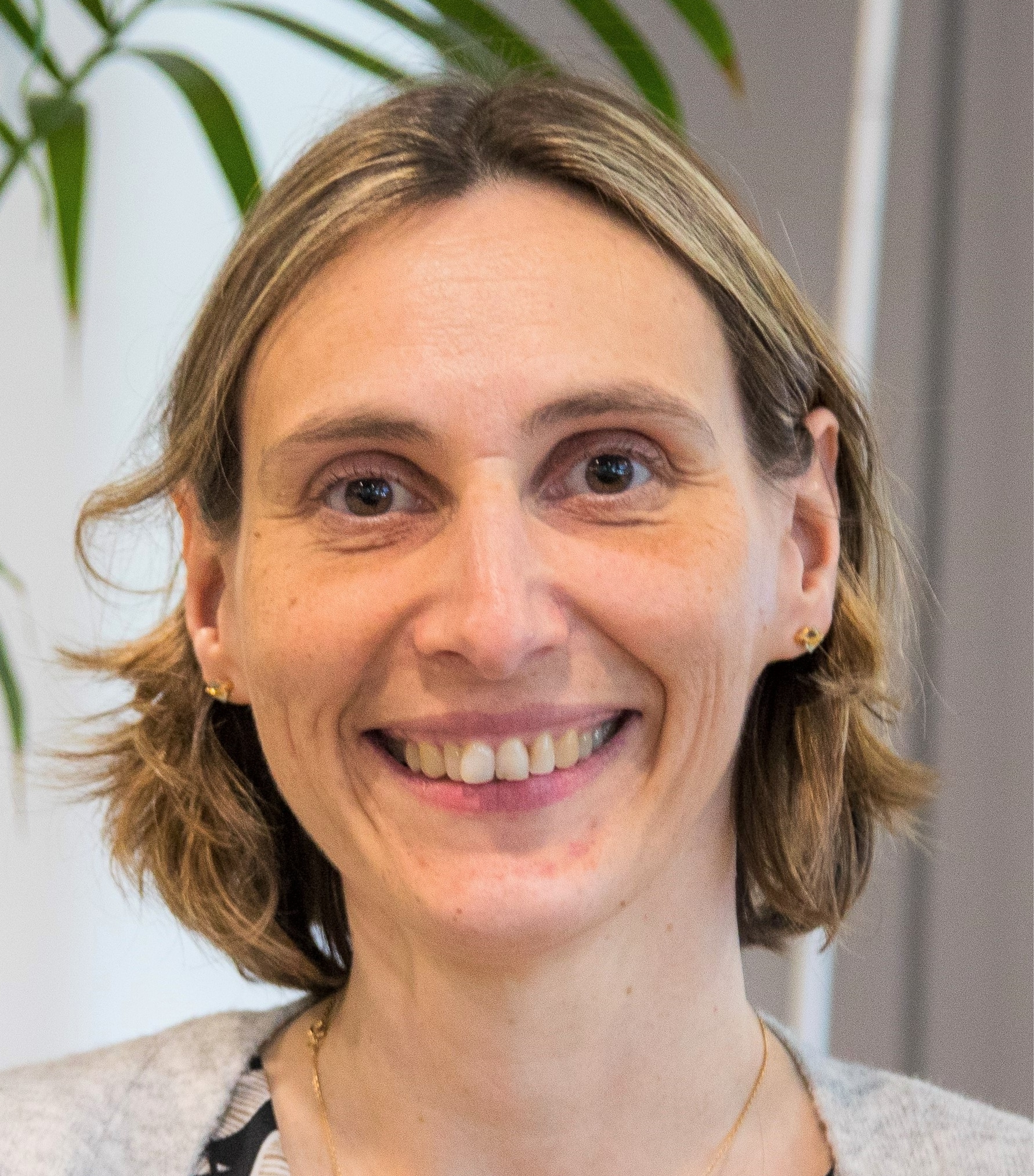
|
Prof. Emilie Sauret Queensland University of Technology, Brisbane, Australia Title: Numerically Exploring Inertialess Multiphysics: From Fundamentals to Applications Bio: Emilie Sauret is Professor in the School of Mechanical, Medical & Process Engineering, Queensland University of Technology (QUT). She received her PhD in Turbulence Modelling from the University Pierre & Marie Curie, Paris, France in 2004. She spent 5 years in the automotive and oil and gas industry in France and in Australia, before returning to academia in 2009. She has been awarded prestigious fellowships including an ARC-DECRA (2013) and Future Fellowship (2020). Her current research focusses on the development of advanced computational techniques to accurately simulate complex and non-ideal fluid flow behaviours. She currently conducts research on the complexities of inertialess viscoelastic instabilities and intricate microfluidic behaviours in multiphase/multi-component fluid flows. |
|
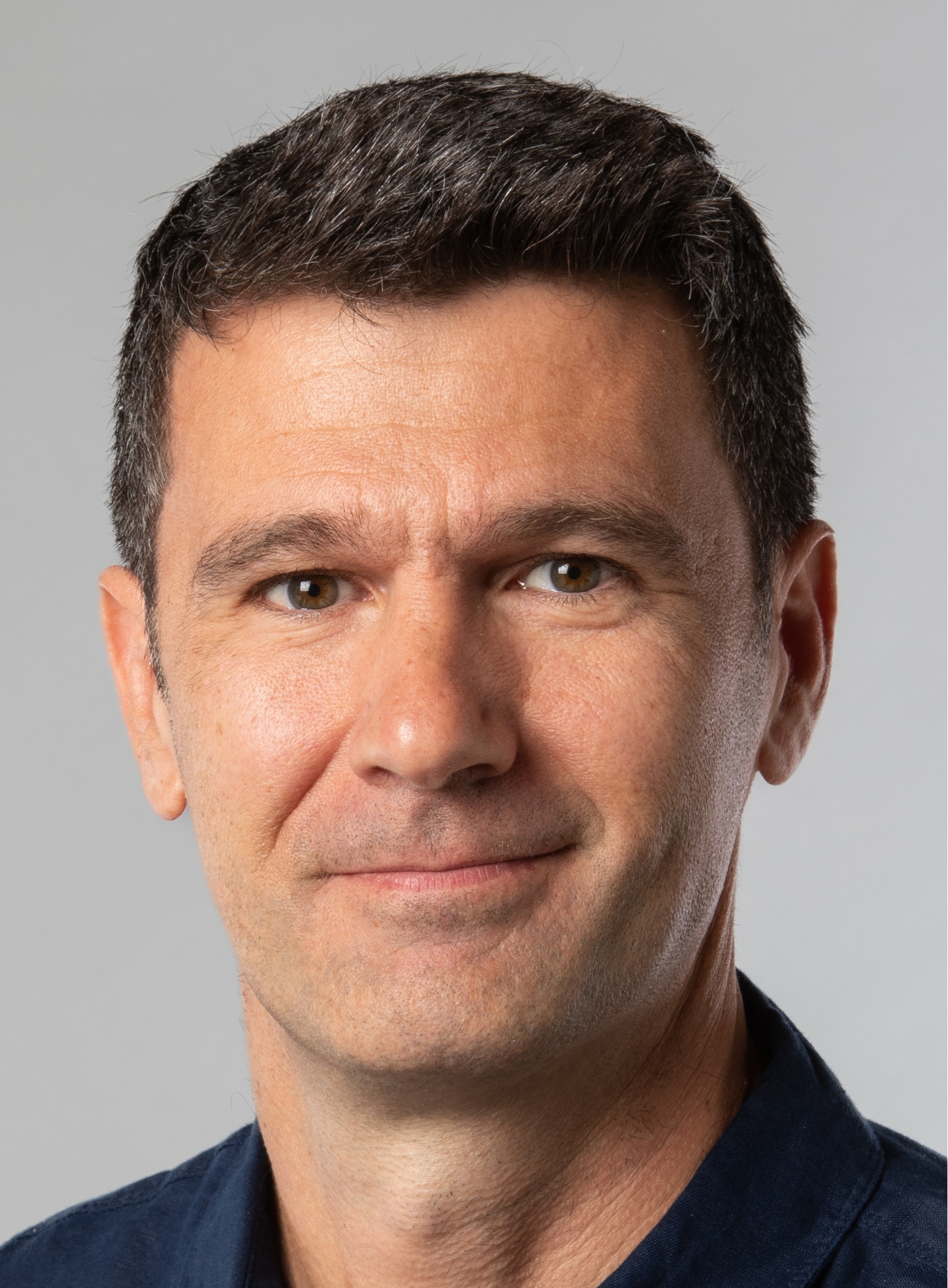
|
Prof. Mathieu Sellier University of Canterbury, Christchurch, New Zealand Title: Viscometric Free Surface Flows: From Small to Large and from Cold to Hot Bio: Mathieu Sellier is Professor of Fluid Mechanics in the Department of Mechanical Engineering at the University of Canterbury. He graduated with a Master in “Modelling and Simulation in Mechanics” from Université Grenoble Alpes (France) in 2000 and PhD from the University of Leeds (UK) in 2003. From 2003 to 2006, he was a PostDoc at the Fraunhofer Institute for Industrial Mathematics (Kaiserslautern, Germany) in the Marie-Curie Research Training Network MAGICAL (Mathematics for the Glass Industry Computations and Analysis). Prof Sellier started at the University of Canterbury as a lecturer in Theoretical Fluid Mechanics in 2006 and now leads the Interfaces and Inverse Problems lab (I&IP). His research interests include the modelling of free surface or multiphase flow phenomena at small scales (droplets and thin film flows) or at large geophysical scales (river or glacier flows). Prof Sellier’s other area of research expertise is related to inverse problems for which one tries to infer the unknown causes of observed phenomena. |
|
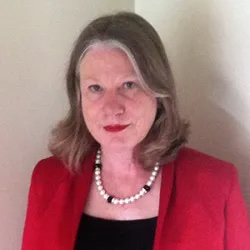
|
Prof. Rowena Ball Australian National University, Canberra, Australia Title: Flows of change and reconciliation: Wine into the wide river. Bio: Rowena Ball graduated with honours I and the University Medal in 1993, then again with a PhD in 1997 in applied mathematics. She can't remember much about her PhD project, except that it had something to do with complex thermoreactive systems. Anyway, whatever it was, it ended up as several papers in Proc. Roy. Soc. A. After a funny postdoc in the UK working with a Creationist on combustion problems, she moved to ANU where she survived on various ARC fellowships and grants. Turned out that the very same mathematics, with tweaks here and there, was jolly useful for interesting problems such as modelling quasi two-dimensional flows, and the origin of life. She leads an international research and teaching initiative called Mathematics Without Borders, aka Mathing a Better World, which is all about Indigenous and non-Western mathematics and truth-telling in mathematics history. Of all her publications, the one she is proudest of was co-authored by students of a remote Indigenous school. About this article, the dreaded ARC Assessor B said 'it is hardly a high-impact output'. She begs to differ. |
